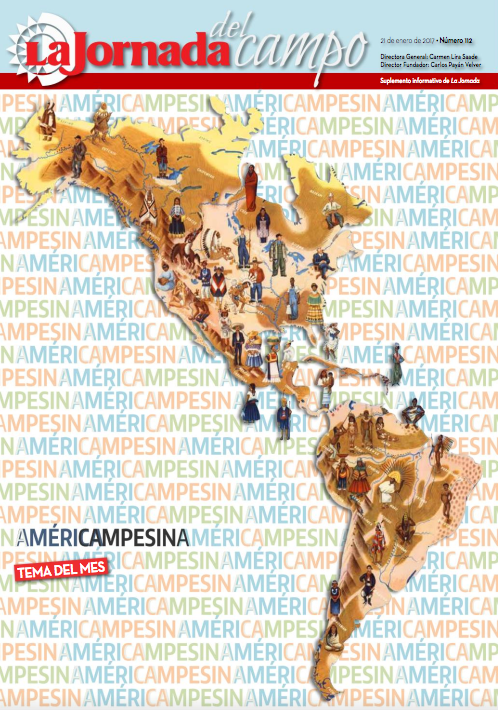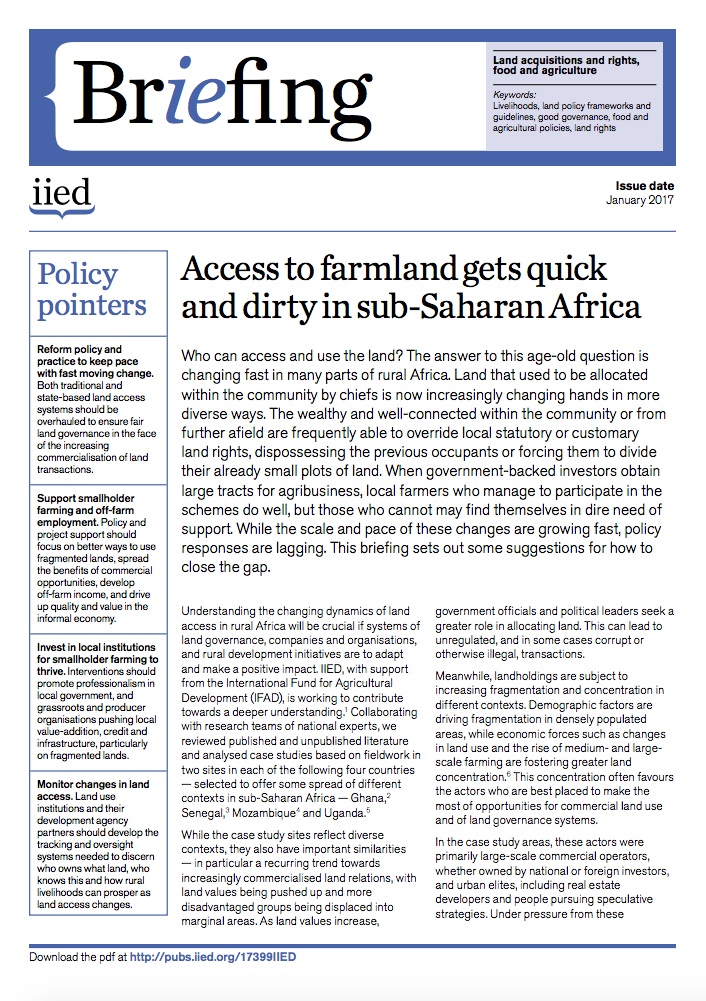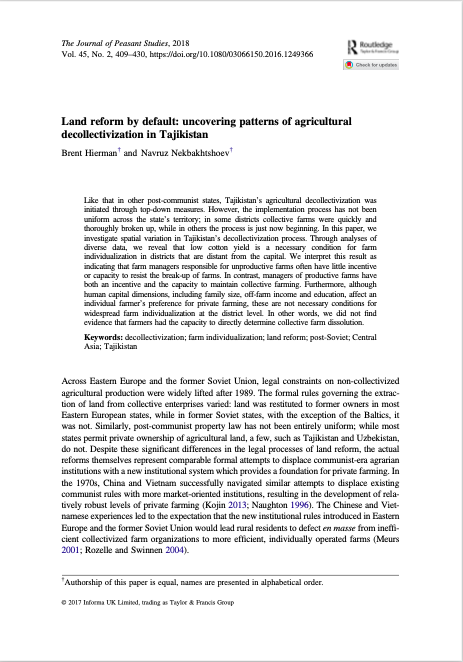Civil Society Participation in Land Policy Making: the innovative experience of Myanmar’s pre-consultation on the National Land Use Policy
In October 2014, for the first time in recent history, the government of Myanmar decided to organize a public consultation to inform the development of a national policy. To support this consultation process, several organizations decided to organize civil society pre-consultation activities to listen and gather concerns from smallholder farmers to formulate relevant recommendations for the policy dialogue.












